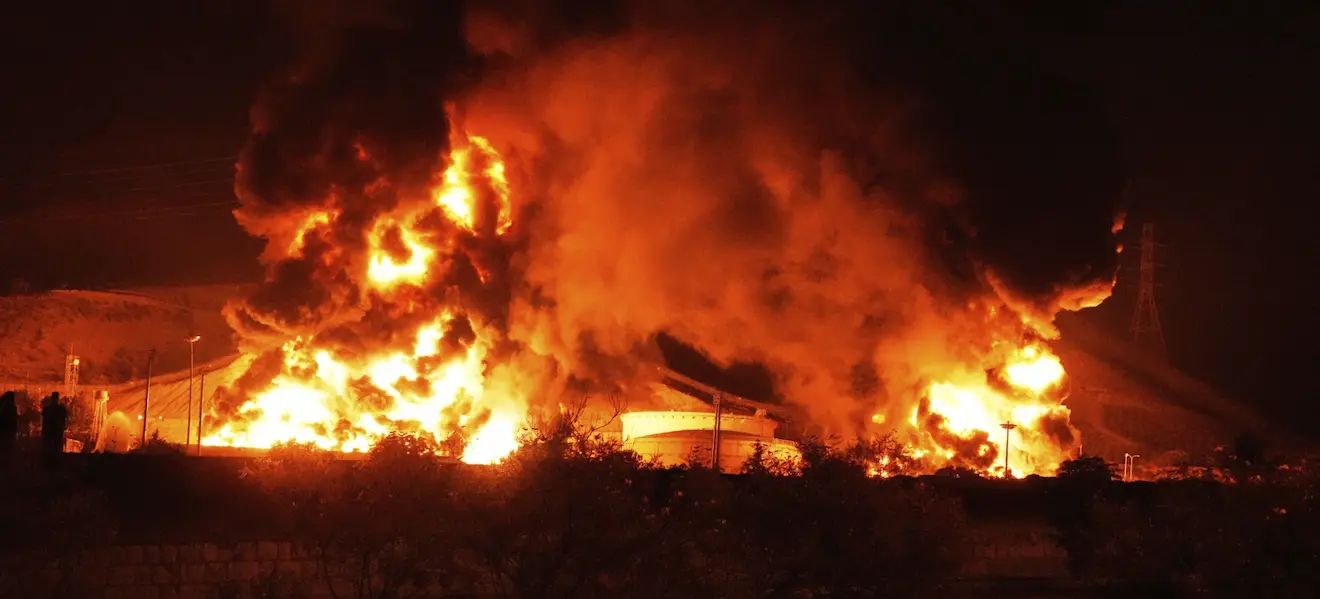
Israel has struck Iran’s Arak heavy water reactor, a key nuclear facility.
Targeting the Core: Israel Hits Arak Reactor
On June 19, Israeli forces launched a precision missile strike on Iran’s Arak heavy water reactor, a facility long viewed as a potential cornerstone of Tehran’s nuclear ambitions. Iranian state television confirmed the attack, noting that the site had been evacuated in advance and that “no radiation danger whatsoever” was reported.
The Arak reactor, located approximately 250 kilometers southwest of Tehran, plays a critical role in Iran’s nuclear infrastructure. While it does not enrich uranium, it produces plutonium as a byproduct an alternative path to nuclear weapons. Under the 2015 nuclear deal, Iran had agreed to redesign the facility to limit plutonium output, but recent tensions have cast doubt on the reactor’s future.
Israel’s military had issued a public warning hours before the strike, urging civilians to evacuate the area. Satellite images of the facility were shared on social media, marked with red circles a tactic Israel has used in previous pre-strike alerts.
The attack marks a significant escalation in the ongoing conflict, now in its seventh day. It follows a series of Israeli strikes on Iranian nuclear and military sites, including Natanz and Isfahan, and comes just one day after Iran’s Supreme Leader Ayatollah Ali Khamenei rejected U.S. calls for de-escalation.
Strategic Shockwaves: Why Arak Matters
The Arak reactor is more than just a nuclear facility it’s a geopolitical symbol. Its destruction or disablement sends a clear message: Israel is willing to cross red lines to prevent Iran from acquiring nuclear weapons.
Heavy water reactors like Arak are capable of producing weapons-grade plutonium, which, if extracted and processed, can be used in nuclear warheads. Although Iran has consistently denied pursuing nuclear weapons, Western powers have long viewed the site with suspicion.
The International Atomic Energy Agency (IAEA) had previously monitored the site, but recent restrictions imposed by Iran have limited access. As a result, the IAEA has acknowledged a “loss of continuity of knowledge” regarding Iran’s heavy water production.
Israel’s decision to strike Arak despite international warnings reflects growing frustration with diplomatic stalemates and a desire to assert military dominance. Prime Minister Benjamin Netanyahu defended the move, stating, “We will not allow Iran to become a nuclear threat. This strike was necessary, precise, and proportionate.”
Iran, for its part, has yet to confirm the extent of the damage but has vowed retaliation. State media emphasized that the facility was not operational and that the strike was “a symbolic act of aggression.”
Global Fallout: Diplomacy on the Brink
The Arak strike has triggered alarm across the international community. The United Nations has called for an emergency session, while the European Union urged both sides to “exercise maximum restraint.” The United States, though not directly involved in the strike, reiterated its support for Israel’s right to self-defense while urging de-escalation.
China and Russia, both signatories to the 2015 nuclear deal, condemned the attack and warned that continued military action could derail any hope of reviving diplomatic talks. Meanwhile, oil prices surged and global markets reacted nervously to the news.
Human rights groups have also raised concerns. While no casualties were reported at Arak, Israeli strikes across Iran have killed at least 639 people, including 263 civilians, according to a Washington-based watchdog. Iran’s retaliatory missile attacks have also caused significant damage in Israel, including a direct hit on Soroka Medical Center in Beersheba.
As the dust settles over Arak, the world is left to grapple with a chilling reality: the line between deterrence and disaster is razor-thin. The strike may have avoided a nuclear catastrophe this time but it has brought the region one step closer to the brink.
Stay updated with the latest news on Rapido Updates. Keep yourself updated with The World, India News, Entertainment, Market, Gadgets, Sports, and many more..
1 thought on “Nuclear Flashpoint: Israel Bombs Iran’s Arak Reactor in High-Stakes Strike Amid Escalating War”